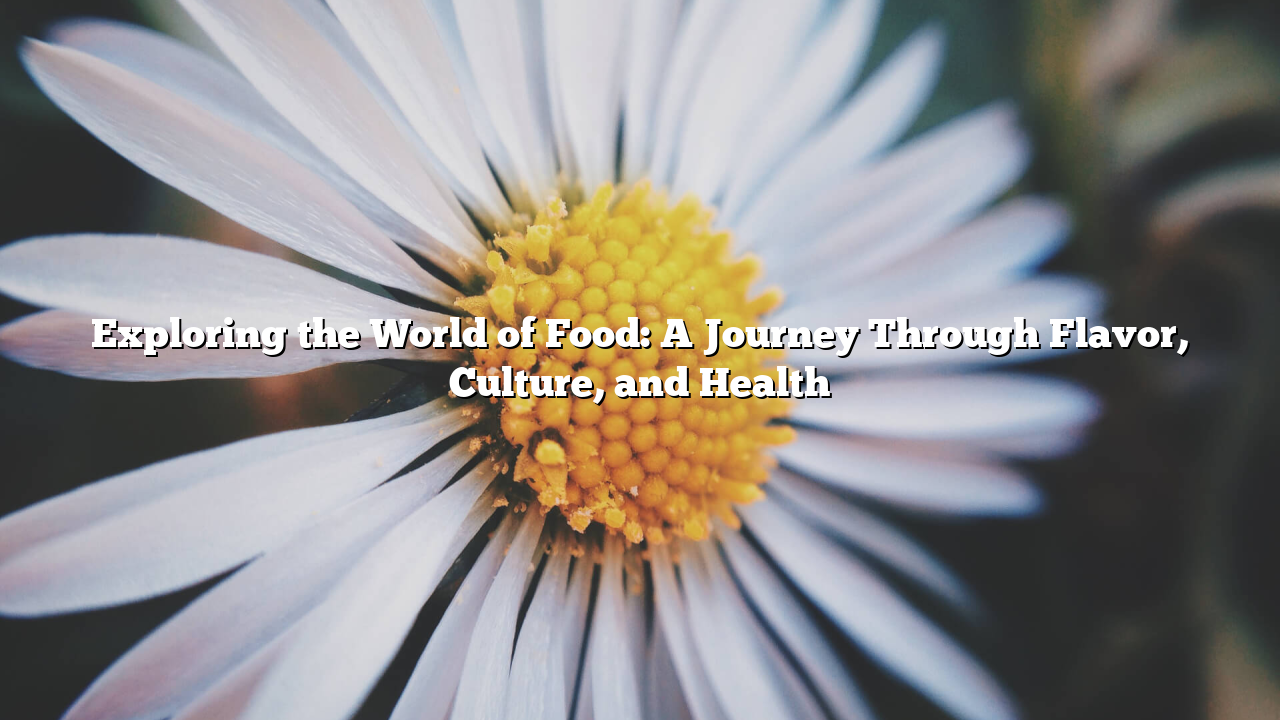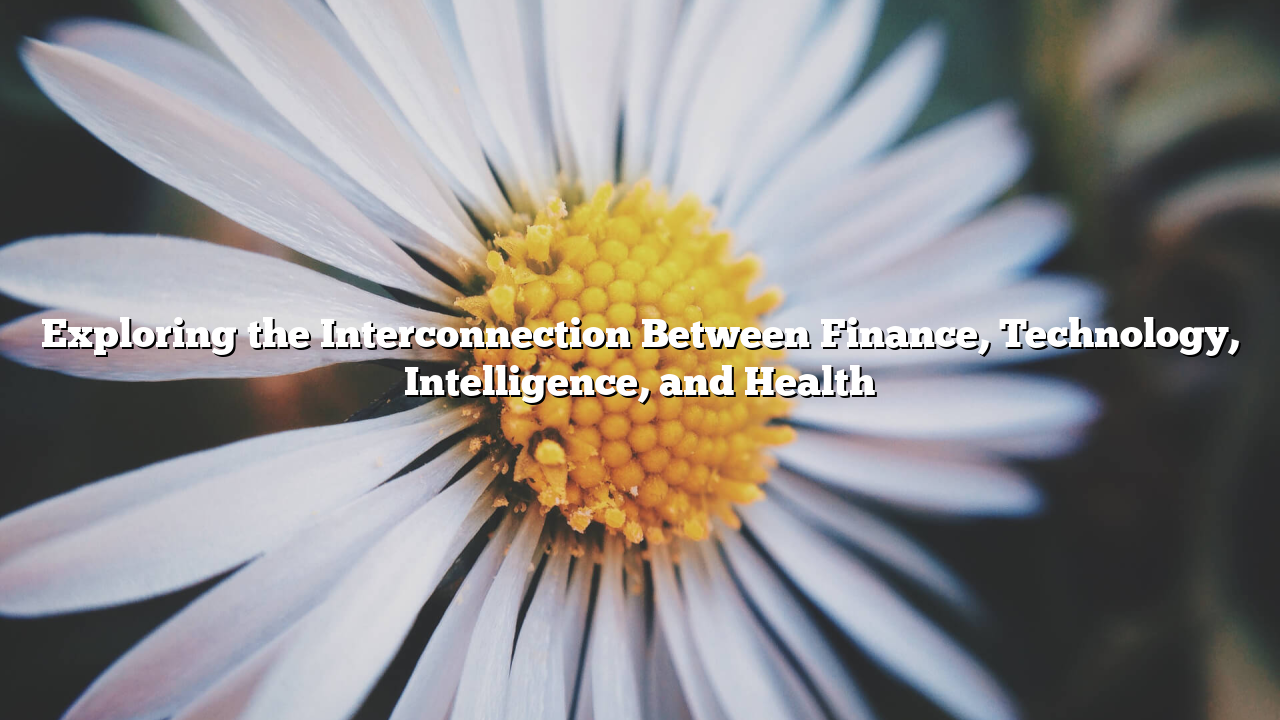Food is more than just sustenance; it’s a fundamental part of human culture, history, and identity. It plays a vital role in shaping our daily lives, bringing people together, and providing the nutrients our bodies need to function. From the comfort of a home-cooked meal to the excitement of discovering a new dish from a distant land, food is deeply intertwined with our emotions, memories, and traditions.
The Global Diversity of Food
One of the most fascinating aspects of food is its incredible diversity. Each culture around the world has developed unique culinary traditions that reflect its geography, climate, resources, and history. Italian pasta, Indian curry, Mexican tacos, Japanese sushi, and Ethiopian injera are just a few examples of how diverse the world’s food offerings are. These dishes often carry with them stories of trade, migration, and cultural exchange that have shaped the way we eat today.
The influence of spices and ingredients from one region to another is also a testament to how interconnected our world is. Spices such as cinnamon, cardamom, and chili peppers, originally from Asia, have found their way into the kitchens of Europe, Africa, and the Americas. Likewise, crops like potatoes, tomatoes, and maize, once native to the Americas, have become integral to cuisines across the globe. The exchange of food products and culinary techniques over centuries has led to the rich, diverse food culture we now enjoy.
The Science of Food and Nutrition
Food is also a source of essential nutrients that our bodies need to survive and thrive. Carbohydrates, proteins, fats, vitamins, and minerals all play crucial roles in maintaining health, supporting bodily functions, and providing energy. A balanced diet that includes a variety of foods from different food groups is vital for overall well-being.
For instance, carbohydrates are the primary source of energy, found in foods like bread, rice, and fruits. Proteins, essential for building and repairing tissues, are found in meat, fish, eggs, and legumes. Fats, although often misunderstood, are necessary for brain function, hormone production, and cell structure. Healthy fats, such as those found in avocados, nuts, and olive oil, are important for heart health.
Vitamins and minerals, such as vitamin C, calcium, and iron, are also crucial. Vitamin C, found in citrus fruits and vegetables, strengthens the immune system, while calcium, found in dairy products and leafy greens, supports bone health. Iron, which can be found in red meat, beans, and spinach, is essential for transporting oxygen in the blood.
The science of food goes beyond just nutrients, however. Cooking methods can have a profound impact on the nutritional value of food. For example, steaming vegetables preserves more vitamins and minerals than boiling, while grilling meat can produce carcinogenic compounds if done at high temperatures for prolonged periods. Understanding the science behind food preparation is key to maximizing the nutritional value of the food we eat.
slot4d of Food
Food is not only essential for physical health but also plays a central role in cultural practices and traditions. Across the world, meals are often the centerpiece of social gatherings, holidays, and celebrations. For example, Thanksgiving in the United States revolves around a feast of turkey, stuffing, and cranberry sauce, while in Japan, the New Year is marked by osechi, a variety of symbolic foods meant to bring good luck.
Food is also a way for individuals to connect with their heritage. Many traditional recipes are passed down from generation to generation, preserving not only culinary knowledge but also cultural identity. In many families, cooking together is a way to bond, share stories, and keep traditions alive.
In addition to family traditions, food plays a significant role in religious and spiritual practices. For example, during the month of Ramadan, Muslims fast from dawn to sunset and then break their fast with a meal called iftar, often shared with family and friends. Similarly, Jews celebrate Passover with a meal that includes symbolic foods such as matzah and bitter herbs, each representing different aspects of their religious history.
The Impact of Modern Trends on Food
In recent decades, the global food landscape has been rapidly changing, influenced by trends in health, technology, and globalization. The rise of fast food chains, for example, has significantly altered eating habits worldwide, making it easier for people to access quick, inexpensive meals. While fast food can be convenient, it has also been linked to health issues such as obesity and heart disease, leading to a growing interest in healthier eating habits.
One of the most notable trends in recent years is the increasing demand for plant-based diets. More and more people are choosing vegetarian, vegan, or flexitarian lifestyles, motivated by concerns about animal welfare, environmental sustainability, and personal health. Plant-based foods, such as legumes, grains, and vegetables, are being used in innovative ways to create meat alternatives like Beyond Meat and Impossible Foods, which have gained popularity in mainstream restaurants and grocery stores.
Another trend is the rise of “superfoods”—foods that are touted for their exceptionally high nutrient content and potential health benefits. Kale, quinoa, chia seeds, and acai berries are just a few examples of foods that have been marketed as superfoods. While many of these foods offer health benefits, it’s important to remember that no single food can provide all the nutrients we need. A balanced diet that includes a variety of whole foods is the key to optimal health.
The Future of Food
As the world continues to evolve, so too will our relationship with food. With the growing global population and the impact of climate change on food production, there is a need for more sustainable food practices. Innovations such as lab-grown meat, vertical farming, and
food waste reduction initiatives are shaping the future of food production. These advancements could help address food security concerns while minimizing environmental impact.
Additionally, the ongoing exploration of plant-based and alternative proteins is expected to play a significant role in feeding the world’s growing population. Advances in food technology, including genetic modification and precision agriculture, could revolutionize the way we produce and consume food in the years to come.
Conclusion
Food is not just about nourishment; it is a powerful tool for connection, culture, and personal well-being. From the diverse cuisines that reflect the unique traditions of different cultures to the science behind the nutrients we consume, food is an integral part of our lives. As we continue to explore new ways to prepare, share, and think about food, we must also consider its impact on our health, society, and the planet. By making informed choices about what we eat, we can enjoy the pleasures of food while also ensuring a sustainable future for generations to come.
Exploring the World of Food: A Journey Through Flavor, Culture, and Health











Leave a Reply